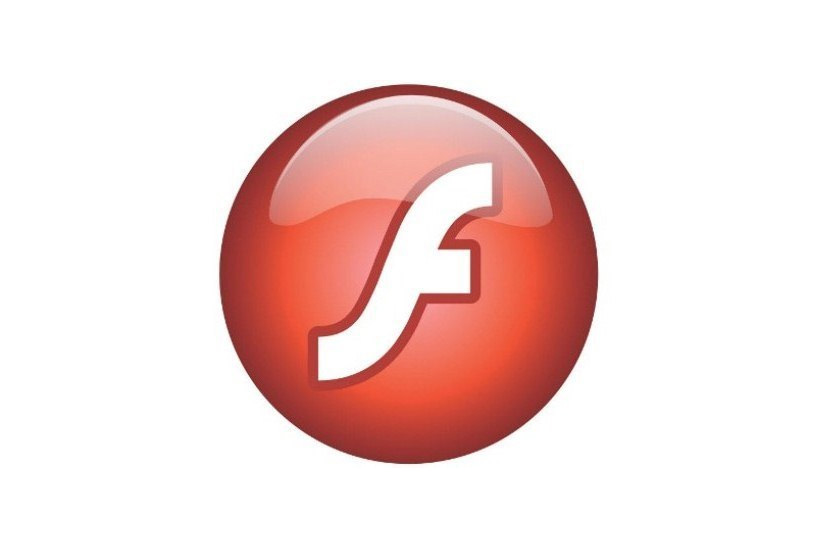Google Chrome, which according to web traffic analysis tool StatCounter was the leading desktop browser as of June 2015, has started blocking Flash. Flash, which was developed by American multinational computer software company Adobe, was introduced in the early 2000s and provides a ‘media-rich’ experience for Internet users. Essentially, Flash enables developers to produce a ‘movie-like’ experience. A number of major companies have used Flash to create entire websites, and it became the medium of choice for Internet advertisers - at one stage 90% of all media-rich advertising was underpinned by
Adobe Flash.
Unfortunately, Flash advertising was pushed on people, and what was intended to enhance the Internet user experience quickly became an annoyance. Flash advertising took up a large amount of bandwidth to download, and instead of enhancing user experience, it made the Internet slow and cumbersome, especially in the era of dialup. Even now, some Flash-driven sites owned by key global businesses take more than 30 seconds to load using Wi-Fi.
Google Chrome is not the first web browser to block Flash. Lesser known browsers like Opera, K-Meleon and Konqueror have by default blocked Flash or given users the choice over whether to use it or not. In addition, Firefox’s "click to play plugins" gave users options as far as Flash was concerned. But with such a major browser as Chrome now blocking Flash, many believe its demise as an advertising medium is imminent, as is perhaps its demise per se.
To some extent, the pursuit of blocking Flash on the internet has had the unfortunate side effect of blocking all advertising, regardless of format. According to Adobe and PageFair, an online agency located in Dublin, Ireland (whose goal is to "protect the future of the free internet by re-establishing a fair deal between web users and the content creators who they want to support"), website owners are losing $22 billion in advertising revenue because of ‘Ad Blocking’ software. This trend of advertising blocking is also prevalent as far as mobile Internet access is concerned, and the result could be a complete breakdown of the advertising business model that has driven a free Internet over the last 20 years.
The death of Flash… A good thing? Let us know your thoughts. Add your comments below.
